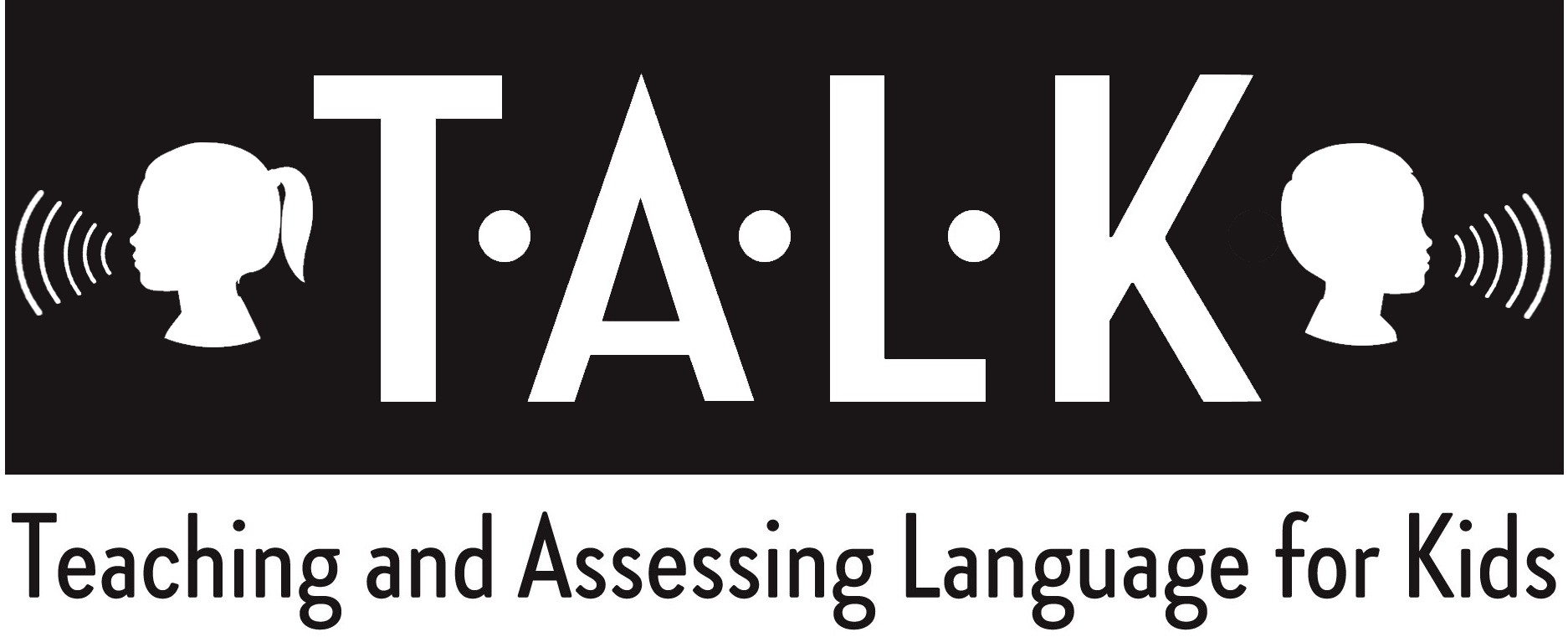Common Language Problems Affecting School-Aged Children
Does your child:
· Have difficulty following multi-step directions?
· Problems answering simple questions when put on the spot?
· Often hear information incorrectly?
· Use the wrong word when telling a story or describing something?
Parents and teachers often overlook a valuable resource that is available to children who are having trouble both in the classroom and socially. Speech-Language Pathologists (SLPs) play an important role in strengthening the language foundation of children who are struggling with auditory processing, literacy, social/pragmatic communication, and understanding and using language. Parents of children who could be identified as having specific language needs often become frustrated during homework time because of the difficulties their children experience. Teachers feel as though these students aren’t paying attention in the classroom, when in fact they may be having difficulties processing. During play and conversation with peers that is verbally based, these students may become frustrated or remove themselves from the group.
Below are some common areas of need and warning signs of specific language needs in school-aged children:
Auditory Processing Disorder (APD)
· Difficulty following multi-step directions
· Trouble remembering verbal information
· Difficulty recognizing subtle differences between the sounds in words, even though the sounds themselves are loud and clear
Literacy and Writing Delays
· Difficulty learning to read and write
· Difficulty using language to communicate, think and learn
· Problems spelling phonetically
Social and Pragmatic Disorders
· Trouble using language socially in ways that are appropriate for children of their age
· Difficulty playing with other children
· Difficulty having a conversation with peers and adults, including excessive interrupting, not staying on topic and decreased eye contact
Receptive and Expressive Language Delays
· Difficulty understanding what is said to them
· Problems understanding figurative language
· Decreased ability to identify the “main idea” or other inferred concepts
· Limited vocabulary and grammar
· Difficulty retelling and creating stories
If you are at all concerned about your child’s language development, you may contact your school SLP or a private practice that provides speech services and they can determine whether your child qualifies for services.
Contact us here for an initial assessment!

